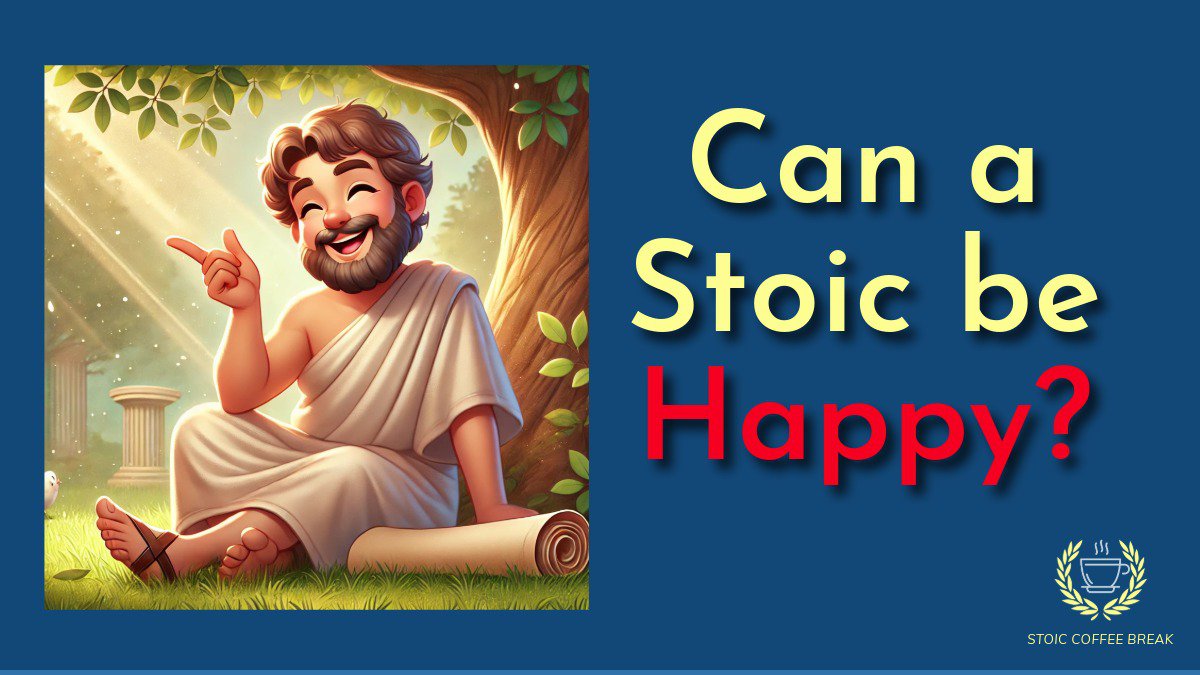Tag: Acceptance
-

334 – Serious Joy: A Stoic’s Unexpected Superpower
Explore how Stoicism, often seen as emotionally detached, can actually be a pathway to genuine joy. Learn how Stoic principles like perspective, acceptance, and gratitude can help you overcome fear, find happiness, and thrive in life.
-

303 – The Antidote to Anger: The Art of Stoic Acceptance
“If you are irritated by every rub, how will your mirror be polished?” —Rumi Do you struggle with anger? Discover how Stoicism can help you transform that rage into peace. By embracing the art of acceptance and understanding the root causes of our emotions, we can lead more harmonious lives. Dive deep into personal stories…
-

252 – Overwhelmed
“If you are distressed by anything external, the pain is not due to the thing itself, but to your estimate of it; and this you have the power to revoke at any moment.” — Marcus Aurelius Do you get overwhelmed with the challenges of life? When life gets to stressful do you shut down and…
-

224 – To You or For You?
It does not matter what you bear, but how you bear it. — Seneca Do you think that life just happens to you? That you are simply a pawn in the game of life? Because there are so many things that we don’t have control over in our lives, it can be easy to fall…
-

207 – Resistance
Don’t demand or expect that events happen as you would wish them to. Accept events as they actually happen. That way peace is possible. — Epictetus What if you stopped resisting what life brought your way? What if you could cheerfully accept everything that came your way? How would that change the way you showed…